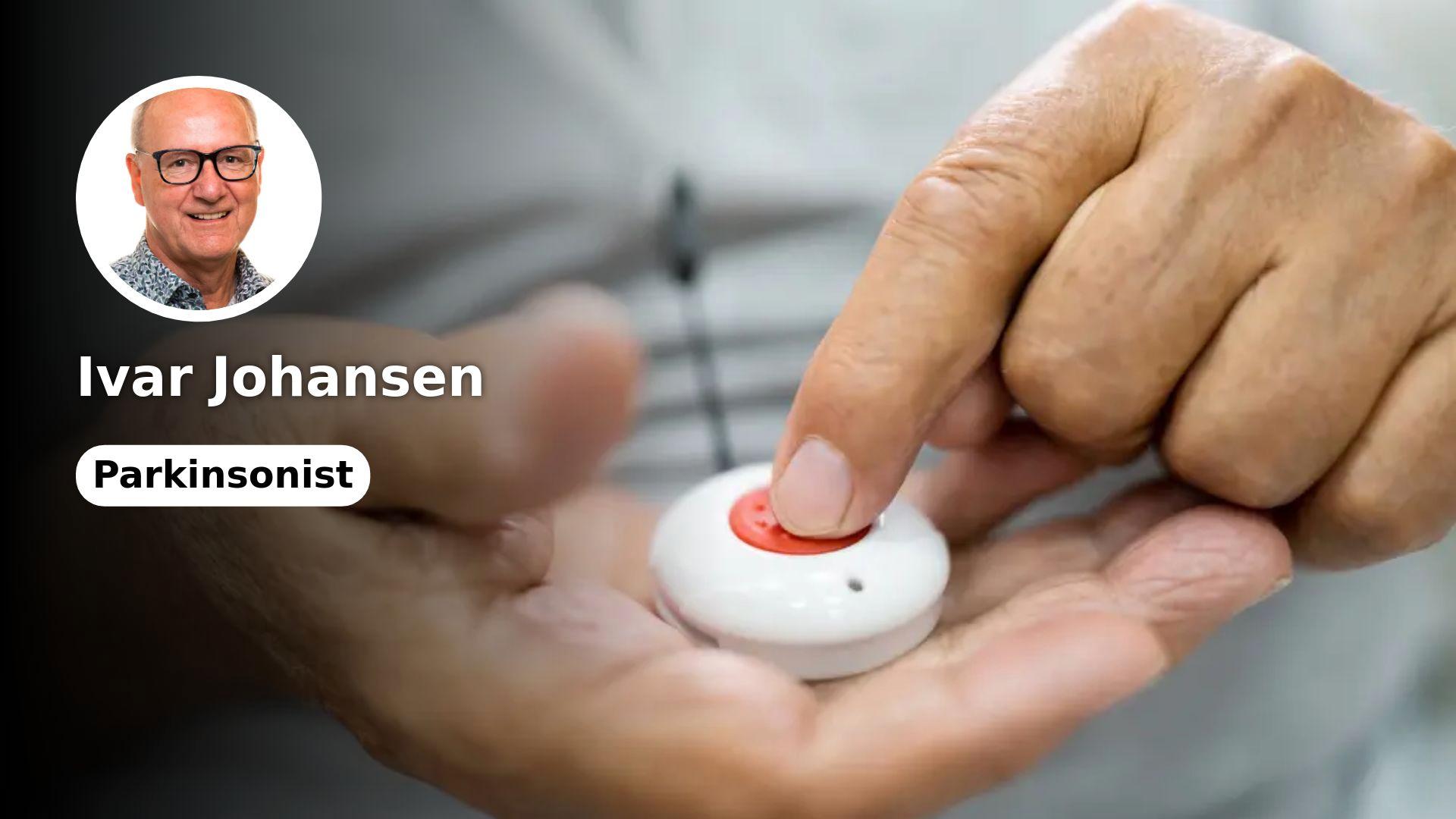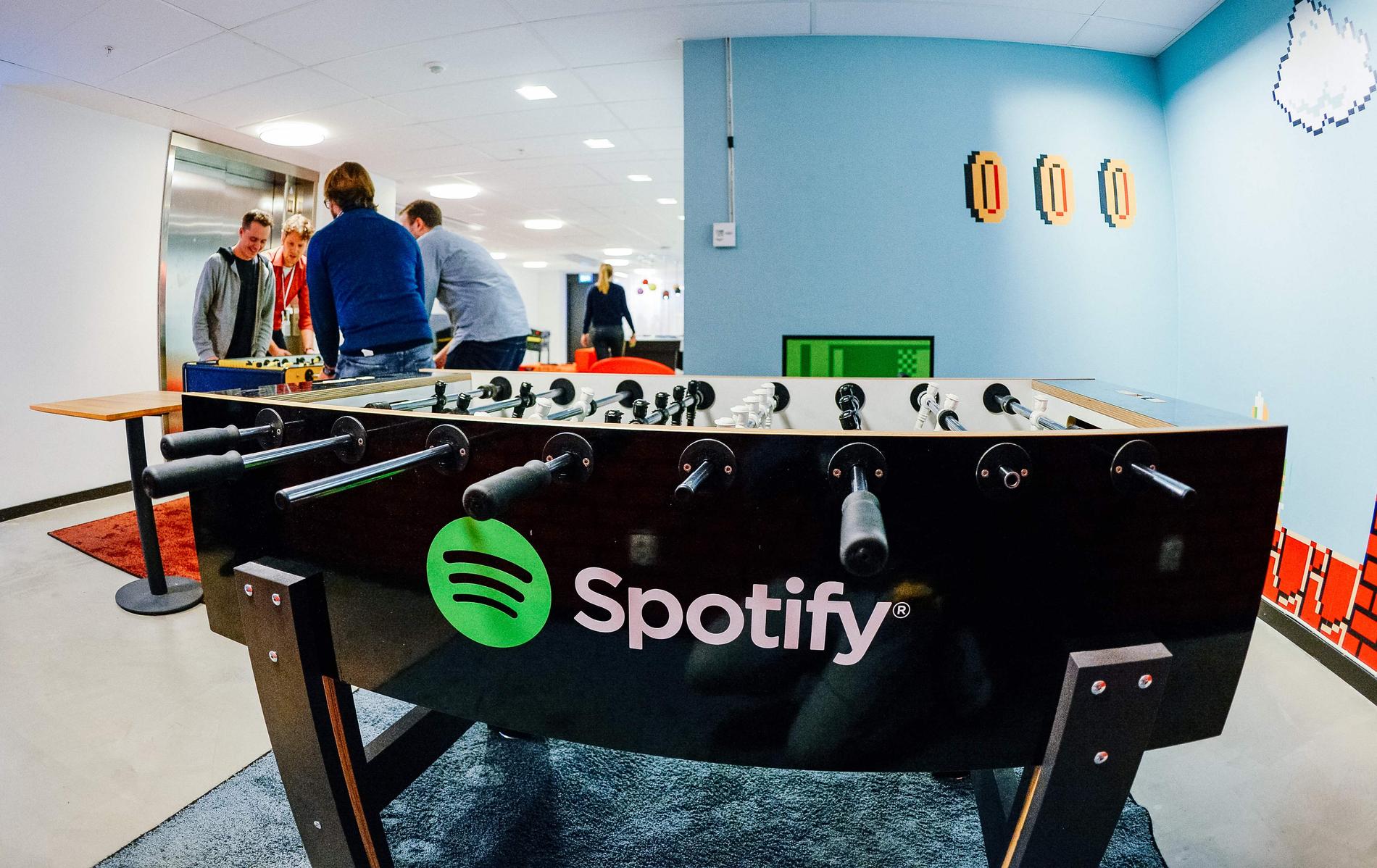
When I’m moving in a rough wooded area and I fall and trip, it’s okay to talk to the alarm company. But their value is limited if they can’t locate me, the author wrote.
Wouldn’t it be socially cheaper to provide us with GPS tracking?
GPS technology has given us many possibilities for cell phone tracking, for better or worse:
- We can find a stolen or lost Ipad or smartphone.
- We can keep valuables tidy, as when, for example, the SAS does not know where our bag is.
- As parents, we can follow our children’s movements. Increased security, but also increased surveillance.
- We can find each other again when we, as a family visiting a European city, move away from each other.
- We can provide greater safety for the elderly and those who are physically or mentally ill. We hear of people going so crazy that massive searches have to be launched because they have deviated from the establishment. Many of them are recovered after several days. He died.
Technology possibilities
In the health and care sector, there has been criticism of the use of new technology.
Should the needs of those in need be met by technology rather than people? Should people living in the home be monitored by a machine rather than visited? We have medication dispensers that alert you when you don’t take your medication on time. We have GPS technology that gives alerts if a person with severe dementia “escapes” from the nursing home.
We should look primarily at the capabilities of technology and not the limitations. Of course, under strict control and taking into account all privacy considerations. Especially when the person who needs help is unable to give consent.
Can pinpoint exactly where I am
I have been diagnosed with Parkinson’s disease. Falling is one of the consequences. As the disease progresses, the tendency to fall increases.
So I was thrilled when I was assigned a security alarm last winter. There is a digital alarm hanging around my neck, which allows me to contact the emergency center if I need to call for help.
Setting a GPS alarm has given me a new quality of life
GPS tracking allows the alarm company to pinpoint my exact whereabouts. And I feel more confident that in this case I will be able to more easily reach the alarm clock hanging around my neck, than I would fiddle with a mobile phone that is, for example, in a bike bag somewhere.
For Parkinson’s disease, movement and activity are important preventative health measures.
When I’m on foot in rough wooded terrain, riding my bike on a forest road, or fall or trip, it’s okay to talk to the alarm company. But they are of limited value if they cannot determine where I am, and where I lie helpless.
How will they help me?
The tracking option is turned off
Setting a GPS alarm has given me a new quality of life.
A few days ago, I and 1,504 others received a letter from the Oslo Municipal Health Agency. As they write: “Using an external security alarm contributes (…) to feeling safe, well-adjusted and active.”
But the security of GPS tracking is “only intended for users (…) with cognitive impairment.”
An error has occurred. We keep the alarm, but the GPS tracking option is now turned off.
Consequently, 1,505 people in need of assistance suffer from a reduced quality of life. We are sick, but not sick enough.
Privacy sets limits
The municipality of Oslo says that national privacy legislation sets these restrictions.
Private telecom operators on the market are allowed to track the GPS of their customers via mobile phone and through this they provide us with a lot of useful and not so useful services. Because, as the Norwegian Health Authority writes: “They are subject to a completely different set of regulations than the municipality of Oslo.” In terms of marketing, there are few restrictions.
Private health care providers do not have the same restrictions. The NHS wrote to me: “We recommend downloading the 113 app to your smartphone so you can be tracked and located in the event of an emergency.” (…) “Since we at the Norwegian Health and Welfare Agency have evaluated the legislation, we cannot see that we have the authority to track which citizens are cognitively healthy.”
But private telecommunications companies and the private Norsk Luftambulanse (which runs App 113) can.
We are thus talking about a health service that I myself very much want: an emergency in which I myself trigger a security alarm already assigned to me by the municipality, but where I cannot determine my whereabouts.
Wouldn’t it be socially cheaper to provide us with GPS tracking rather than mobilizing hundreds of volunteers, helicopters, etc., who would be searching a relatively large geographic area?

“Web specialist. Lifelong zombie maven. Coffee ninja. Hipster-friendly analyst.”



